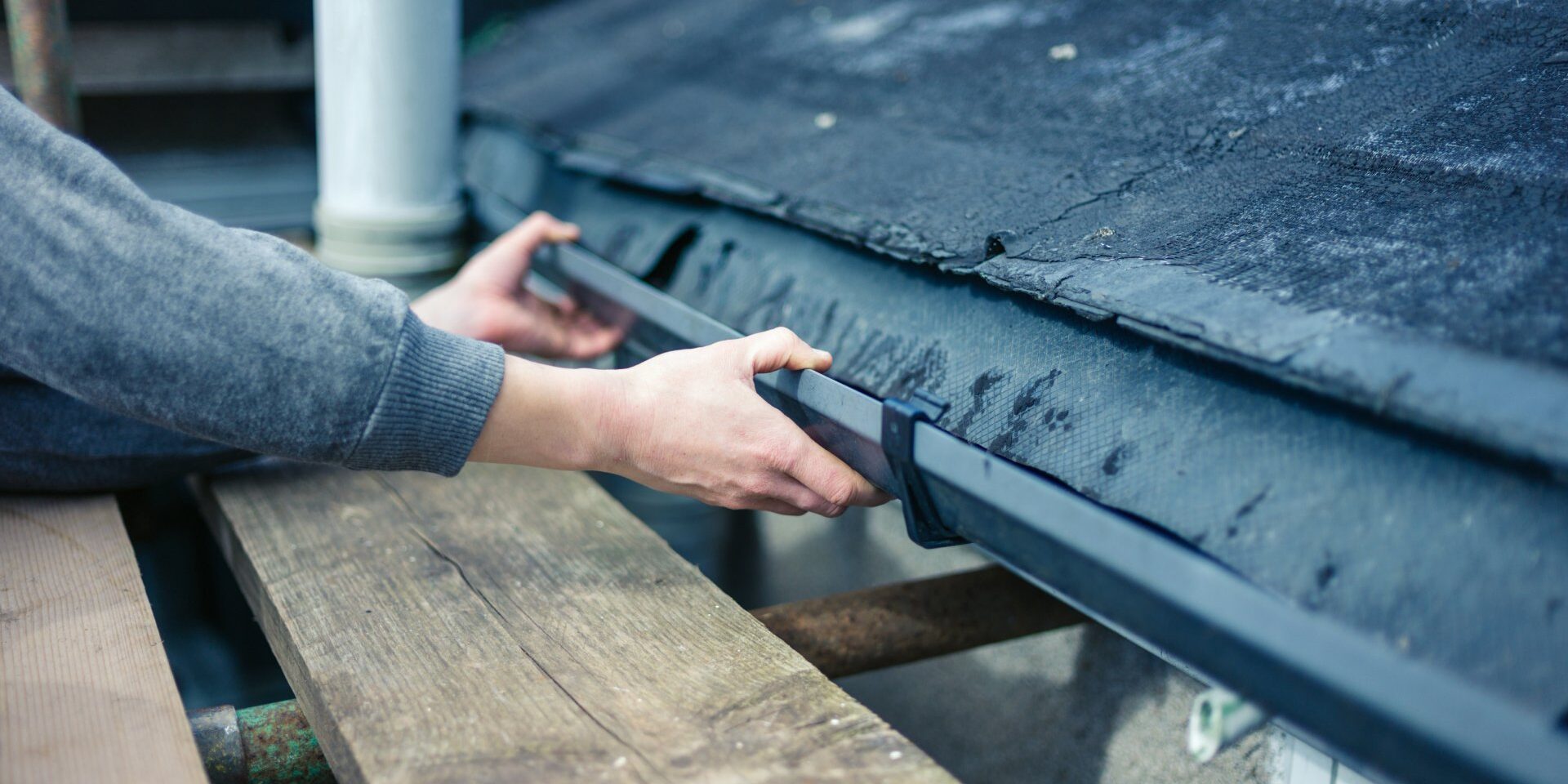Cladding Poole is a leading supplier of self-erecting wall panels and aluminum profiles for use on commercial buildings, commercial out buildings, factories, warehouses, shops, schools and other places of work. Cladding Poole’s products are designed to withstand extreme weather conditions and provide high quality and long-lasting finished products. They are environmentally sound and comply with all the various building and fire regulations. Cladding Poole is able to manufacture many different types of profiles for different uses. It is widely accepted that the panels are most appealing when they consist of a stucco texture to match with the exterior of any building. This type of product can also provide a non-reflective, fire retardant and water resistant finish.
Cladding Poole is the only manufacturer of this product that can provide this texture and color with its 100% recycled content. They are also able to make these panels in varying widths to fit any building. This also means they can be used on slabs, stairs, porches, garages and other structures that are designed to allow movement. Materials that are used to make these panels are usually recycled and not new. The only thing to remember when using wood-based products is to treat them accordingly to keep them safe during use. They should also be coated with a moisture barrier when being installed to reduce moisture build-up.
Commercial buildings such as workshops, restaurants and storage units are perfect for Cladding Poole. They can also be used for home projects for example in garages, attics, bathrooms, kitchens and laundry rooms. Cladding Poole panels are manufactured from a variety of materials including copper, zinc, aluminum and wood. Copper is a very good conductor of heat and therefore popular for use on building walls. It has high resistance to corrosion and has a long life span. Zinc is also good for creating an airtight coating and will not expand or contract due to changes in temperature.
Wood based Cladding Poole is a more traditional way of protecting concrete or brick surfaces. These tend to have a smoother surface and therefore are suited for interior as well as exterior applications. Wood is also more aesthetically appealing than some of the other options available. Another plus point is that they are fire resistant and therefore do not pose a health risk when used to protect building surfaces.
Cladding Poole panels are manufactured to a standard size, which can also be custom made to fit any building or home. Some suppliers offer a bespoke service whereby the customer can provide their own design and layout. This means that a buyer can create a unique interior scheme that will reflect their individual taste. Cladding Poole can also be used to improve the look of existing homes.
Cladding Poole can be bought from a range of suppliers both online and off. They can also be found in many bricks and mortars around the country. Prices can vary depending on the size of the cladding and whether it is internally or externally exposed. Most suppliers offer competitive deals and customers can usually choose from a choice of solid colour cladding or a combination of colours.
Cladding Poole should ideally be waterproof to prevent damage to the structure of the building and to provide a durable solution. It can also help to insulate the home and make heating cost-efficient. Cladding Poole is often the preferred option because it is a much quicker and easier way to install than other alternatives such as wood paneling. Cladding Poole is not only strong, but water-resistant as well.
Cladding Poole comes in a variety of different materials, including wood, plastic and metal. Metal cladding is often considered to be more suitable for external buildings. Plastic cladding is the most popular choice for internal applications because of its low cost and long shelf life. Wood cladding can be painted to match existing interiors, but will usually need to be sealed so that it does not rot. Cladding Poole can be installed by a qualified professional or by a DIYer, depending on the type of job.

